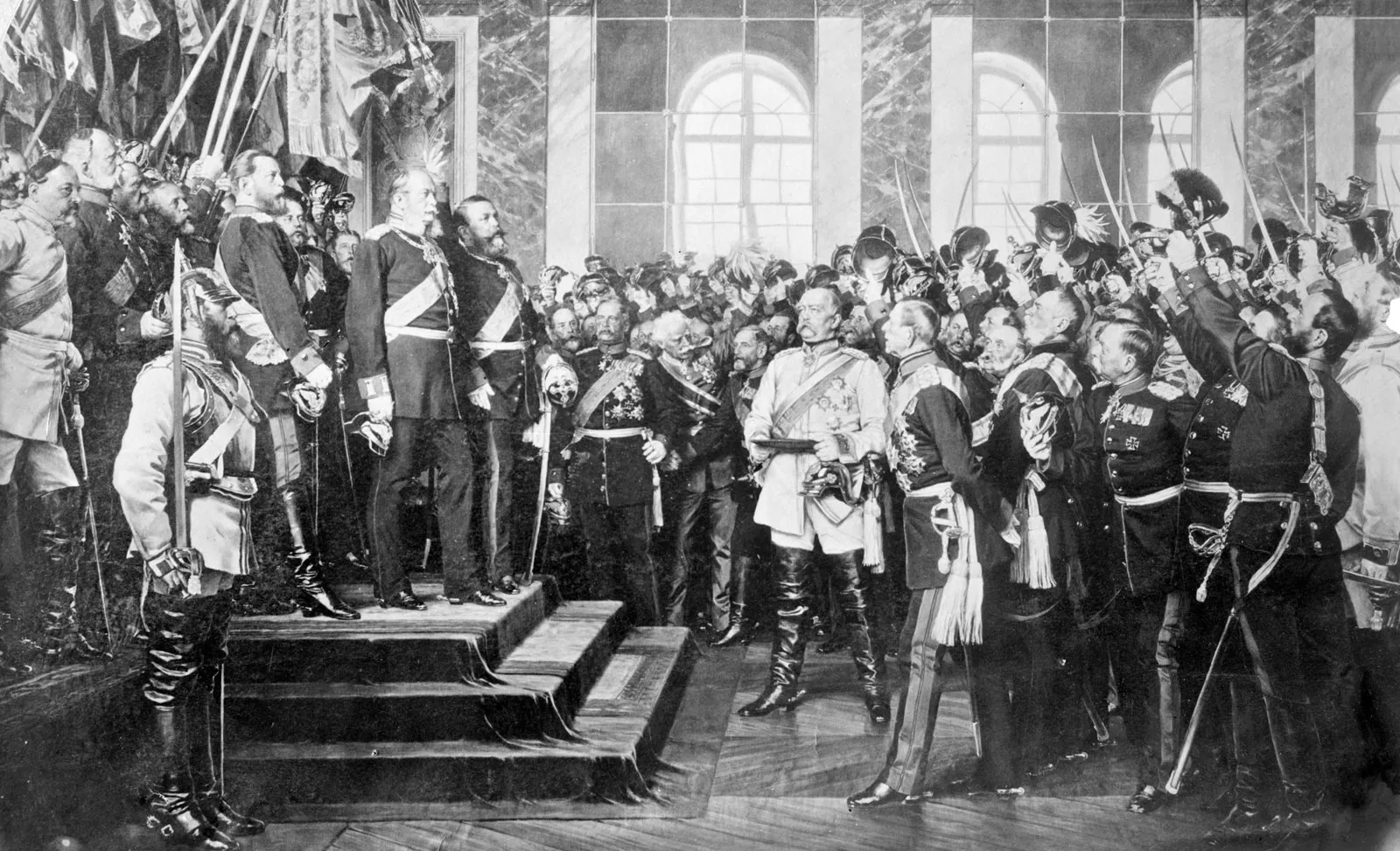Germany’s Alternative for Germany (AfD) political party, which has been considered “far right” by a number of political opponents and activists, continues to fight against the designation that the party is a right-wing extremist organization.
Claims of Extremism:
The classification originated in 2021, when the German Federal Office for the Protection of the Constitution (BfV) classified the political party as an extremist organization, allowing authorities to utilize wiretaps and informants in investigations against the party.
This designation followed an investigation conducted by the BfV into the AfD, which found that the party had become “increasingly radicalized.” Regional arms of the AfD had already faced this classification, with chapters in Thuringia, Saxony, and Saxony-Anhalt being labeled as official extremist organizations.

The party began proceedings to appeal this designation in mid-March, ahead of Germany’s general election and European elections, which are set to take place in June. Some claim that the party is seeking to delay the hearing until elections are concluded by requesting 457 new pieces of evidence prior to the hearing, more than double the original 200 in March.
AfD’s lawyers have further claimed that judges presiding over the case have been biased against the party, with one of their lawyers, Christian Conrad, requesting to dismiss the judges presiding over the case, a request that presiding judge Gerald Buck claimed to be an abuse of the plaintiff’s rights.
Conrad further requested the summoning of the BfV’s top leadership in an effort to uncover if the organization had a completed report against the AfD, which the BfV claims is incomplete.
The Future of the AfD:
If the AfD wins the case, the BfV will be forced to cease additional surveillance measures on the party. A victory in the case will also likely help the AfD secure votes in Western Germany, where they still lack support.
However, if the BfV wins the case, the AfD will be classified as a “proven right-wing extremist organization” on a federal level, which would lead to regional chapters falling under this category. This would further give more legitimacy to those attempting to ban the AfD, which has seen a split in popular support approving this motion, with 51% of Germans opposed to a ban, according to a survey by infratest-dimap in February.

In order to ban the party, however, the BfV will have to prove that the AfD seeks to put an end to the democratic process in Germany.
“At this point, a procedure to ban the party would still have to identify an element that is actively militant, in other words, that acts according to a plan,” the President of the Thuringian BfV, Stephan Kramer, stated. “For this to happen, it is not necessary that any crimes have been committed.”
In order for a motion to ban the party to commence, it must first be requested by either the Bundestag (the German federal governing body) or the Bundesrat (the federal representation of the sixteen German states).
A History of Political Bans:
Germany has had a long history of banning and limiting rival parties, first originating with Otto von Bismarck’s severe limitation of the Social Democrats, citing concerns over their loyalty to Kaiser Wilhelm I and their support for socialism. Bismarck instituted several limitations on the opposition, which consisted of prohibiting socialist organizations and gatherings, declaring trade unions illegal, shutting down newspapers, and restricting the distribution of socialist material. Both the Nazis and the German Democratic Republic (East Germany) banned all other parties not affiliated with the state.

In order to mitigate such abuses, the German Constitution has made banning parties an intense legal battle, which has protected Die Heimat, a neo-nazi party previously known as the National Democratic Party of Germany, from such bans.
This has led some to speculate that a ban is unlikely; one such critic is Volker Boehme-Nessler, a political scientist, who speculates an attempted ban would only strengthen the party’s popularity.
“You can’t simply ban a party that gets 20–30 percent approval,” he told the eastern German broadcaster MDR, which broadcasts for the federal states of Saxony, Saxony-Anhalt, and most notably Thuringia, where the party has achieved most of its success.


